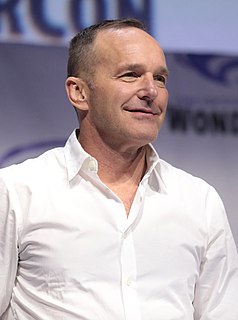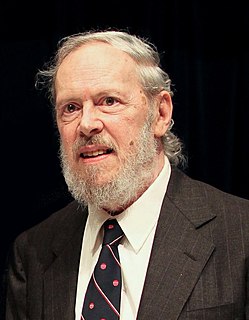A Quote by Ananya Birla
When I was at university in England, I went through a difficult phase. Outwardly everything seemed fine, and I was doing really well academically, but I was suffering from anxiety and frequent panic attacks and found it so difficult to reach out for help without people undermining my abilities.
Related Quotes
I started getting these attacks in 2009, just as my music career was taking off. I'd be doing photo-shoots and started to feel like I was having heart attacks. Increasingly I found it difficult to step outside my flat. Things started to get better after I saw a therapist, who told me I needed to make peace with my panic attacks.
I went to Columbia University because they were doing a study on people who suffered from panic attacks, and because I suffered from panic attacks my whole life, I decided to be a part of it. They had this questionnaire where they asked, How many units of alcohol do you have in a month? The top answer was 40 or more, and I got really scared because I was having on average 60 or 70 drinks a week. And I realized that that was a bad sign.
CBT is really a miracle. I've seen it help a lot of people, and one of the reasons I'm speaking out is that I don't feel like enough people know it. Through my work, I constantly come across other people who have various forms of anxiety or panic - it's much more common, I think, than people realize - and not all of them even really know about CBT.
You have to dig deep to make great music, and it gets harder and harder. It's a difficult, painful process to reach deep in there and pull out the real gems. And you have to have that little bit of anxiety of, 'Can I really do this? Am I good enough?' You need that in the recipe to really get down in there.
The first phase of C was - really, it was two phases in short succession of, first, some language changes from B, really adding the type structure without too much change in the syntax, and doing the compiler. The second phase was slower; it all took place within a very few years, but it was a bit slower, so it seemed.



































